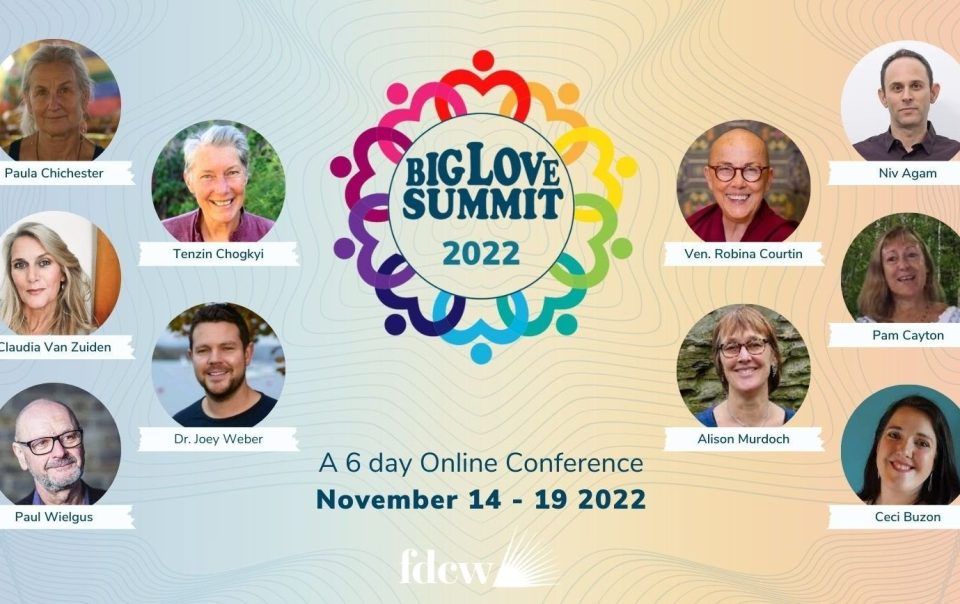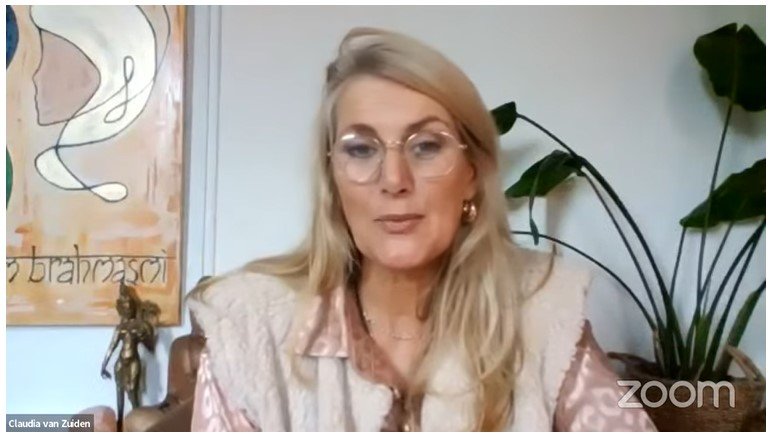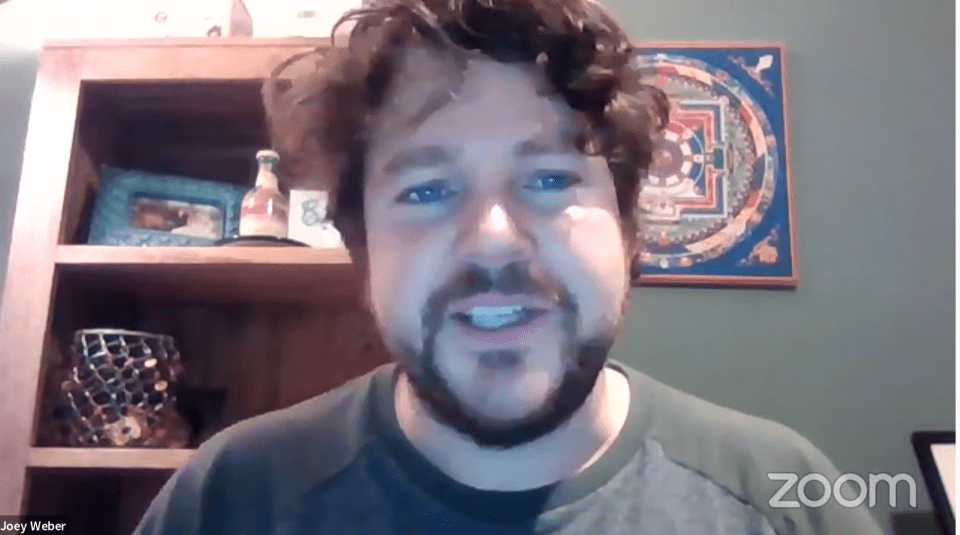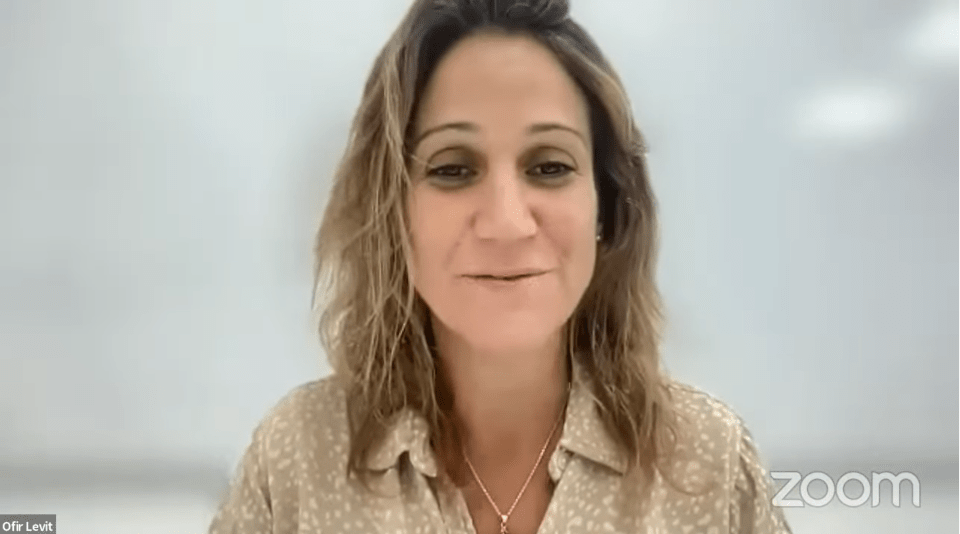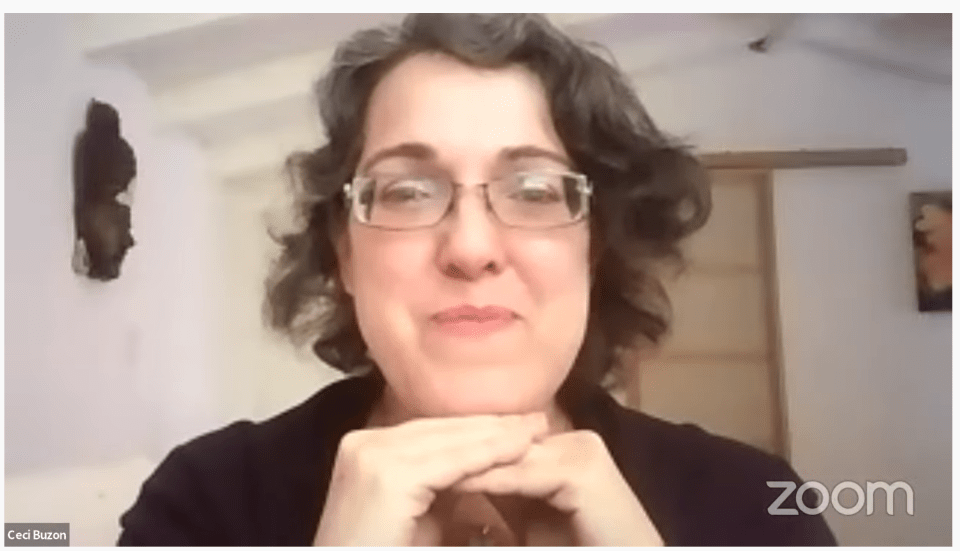- Home
- FPMT Homepage
Foundation for the Preservation of the Mahayana Tradition
The FPMT is an organization devoted to preserving and spreading Mahayana Buddhism worldwide by creating opportunities to listen, reflect, meditate, practice and actualize the unmistaken teachings of the Buddha and based on that experience spreading the Dharma to sentient beings. We provide integrated education through which people’s minds and hearts can be transformed into their highest potential for the benefit of others, inspired by an attitude of universal responsibility and service. We are committed to creating harmonious environments and helping all beings develop their full potential of infinite wisdom and compassion. Our organization is based on the Buddhist tradition of Lama Tsongkhapa of Tibet as taught to us by our founders Lama Thubten Yeshe and Lama Thubten Zopa Rinpoche.
- Willkommen
Die Stiftung zur Erhaltung der Mahayana Tradition (FPMT) ist eine Organisation, die sich weltweit für die Erhaltung und Verbreitung des Mahayana-Buddhismus einsetzt, indem sie Möglichkeiten schafft, den makellosen Lehren des Buddha zuzuhören, über sie zur reflektieren und zu meditieren und auf der Grundlage dieser Erfahrung das Dharma unter den Lebewesen zu verbreiten.
Wir bieten integrierte Schulungswege an, durch denen der Geist und das Herz der Menschen in ihr höchstes Potential verwandelt werden zum Wohl der anderen – inspiriert durch eine Haltung der universellen Verantwortung und dem Wunsch zu dienen. Wir haben uns verpflichtet, harmonische Umgebungen zu schaffen und allen Wesen zu helfen, ihr volles Potenzial unendlicher Weisheit und grenzenlosen Mitgefühls zu verwirklichen.
Unsere Organisation basiert auf der buddhistischen Tradition von Lama Tsongkhapa von Tibet, so wie sie uns von unseren Gründern Lama Thubten Yeshe und Lama Thubten Zopa Rinpoche gelehrt wird.
- Bienvenidos
La Fundación para la preservación de la tradición Mahayana (FPMT) es una organización que se dedica a preservar y difundir el budismo Mahayana en todo el mundo, creando oportunidades para escuchar, reflexionar, meditar, practicar y actualizar las enseñanzas inconfundibles de Buda y en base a esa experiencia difundir el Dharma a los seres.
Proporcionamos una educación integrada a través de la cual las mentes y los corazones de las personas se pueden transformar en su mayor potencial para el beneficio de los demás, inspirados por una actitud de responsabilidad y servicio universales. Estamos comprometidos a crear ambientes armoniosos y ayudar a todos los seres a desarrollar todo su potencial de infinita sabiduría y compasión.
Nuestra organización se basa en la tradición budista de Lama Tsongkhapa del Tíbet como nos lo enseñaron nuestros fundadores Lama Thubten Yeshe y Lama Zopa Rinpoche.
A continuación puede ver una lista de los centros y sus páginas web en su lengua preferida.
- Bienvenue
L’organisation de la FPMT a pour vocation la préservation et la diffusion du bouddhisme du mahayana dans le monde entier. Elle offre l’opportunité d’écouter, de réfléchir, de méditer, de pratiquer et de réaliser les enseignements excellents du Bouddha, pour ensuite transmettre le Dharma à tous les êtres. Nous proposons une formation intégrée grâce à laquelle le cœur et l’esprit de chacun peuvent accomplir leur potentiel le plus élevé pour le bien d’autrui, inspirés par le sens du service et une responsabilité universelle. Nous nous engageons à créer un environnement harmonieux et à aider tous les êtres à épanouir leur potentiel illimité de compassion et de sagesse. Notre organisation s’appuie sur la tradition guéloukpa de Lama Tsongkhapa du Tibet, telle qu’elle a été enseignée par nos fondateurs Lama Thoubtèn Yéshé et Lama Zopa Rinpoché.
Visitez le site de notre Editions Mahayana pour les traductions, conseils et nouvelles du Bureau international en français.
Voici une liste de centres et de leurs sites dans votre langue préférée
- Benvenuto
L’FPMT è un organizzazione il cui scopo è preservare e diffondere il Buddhismo Mahayana nel mondo, creando occasioni di ascolto, riflessione, meditazione e pratica dei perfetti insegnamenti del Buddha, al fine di attualizzare e diffondere il Dharma fra tutti gli esseri senzienti.
Offriamo un’educazione integrata, che può trasformare la mente e i cuori delle persone nel loro massimo potenziale, per il beneficio di tutti gli esseri, ispirati da un’attitudine di responsabilità universale e di servizio.
Il nostro obiettivo è quello di creare contesti armoniosi e aiutare tutti gli esseri a sviluppare in modo completo le proprie potenzialità di infinita saggezza e compassione.
La nostra organizzazione si basa sulla tradizione buddhista di Lama Tsongkhapa del Tibet, così come ci è stata insegnata dai nostri fondatori Lama Thubten Yeshe e Lama Zopa Rinpoche.
Di seguito potete trovare un elenco dei centri e dei loro siti nella lingua da voi prescelta.
- 欢迎 / 歡迎
简体中文
“护持大乘法脉基金会”( 英文简称:FPMT。全名:Foundation for the Preservation of the Mahayana Tradition) 是一个致力于护持和弘扬大乘佛法的国际佛教组织。我们提供听闻,思维,禅修,修行和实证佛陀无误教法的机会,以便让一切众生都能够享受佛法的指引和滋润。
我们全力创造和谐融洽的环境, 为人们提供解行并重的完整佛法教育,以便启发内在的环宇悲心及责任心,并开发内心所蕴藏的巨大潜能 — 无限的智慧与悲心 — 以便利益和服务一切有情。
FPMT的创办人是图腾耶喜喇嘛和喇嘛梭巴仁波切。我们所修习的是由两位上师所教导的,西藏喀巴大师的佛法传承。
繁體中文
護持大乘法脈基金會”( 英文簡稱:FPMT。全名:Found
ation for the Preservation of the Mahayana Tradition ) 是一個致力於護持和弘揚大乘佛法的國際佛教組織。我們提供聽聞, 思維,禪修,修行和實證佛陀無誤教法的機會,以便讓一切眾生都能 夠享受佛法的指引和滋潤。 我們全力創造和諧融洽的環境,
為人們提供解行並重的完整佛法教育,以便啟發內在的環宇悲心及責 任心,並開發內心所蘊藏的巨大潛能 — 無限的智慧與悲心 – – 以便利益和服務一切有情。 FPMT的創辦人是圖騰耶喜喇嘛和喇嘛梭巴仁波切。
我們所修習的是由兩位上師所教導的,西藏喀巴大師的佛法傳承。 察看道场信息:
- FPMT Homepage
- News/Media
-
- Study & Practice
-
-
- About FPMT Education Services
- Latest News
- Programs
- New to Buddhism?
- Buddhist Mind Science: Activating Your Potential
- Heart Advice for Death and Dying
- Discovering Buddhism
- Living in the Path
- Exploring Buddhism
- FPMT Basic Program
- FPMT Masters Program
- FPMT In-Depth Meditation Training
- Maitripa College
- Lotsawa Rinchen Zangpo Translator Program
- Universal Education for Compassion & Wisdom
- Online Learning Center
-
- Prayers & Practice Materials
- Overview of Prayers & Practices
- Full Catalogue of Prayers & Practice Materials
- Explore Popular Topics
- Benefiting Animals
- Chenrezig Resources
- Death & Dying Resources
- Lama Chopa (Guru Puja)
- Lama Zopa Rinpoche: Compendium of Precious Instructions
- Lama Zopa Rinpoche: Life Practice Advice
- Lama Zopa Rinpoche Practice Series
- Lamrim Resources
- Mantras
- Prayer Book Updates
- Purification Practices
- Sutras
- Thought Transformation (Lojong)
- Audio Materials
- Dharma Dates - Tibetan Calendar
- Translation Services
- Publishing Services
- Ways to Offer Support
- Prayers & Practice Materials
-
- Teachings and Advice
- Find Teachings and Advice
- Lama Zopa Rinpoche Advice Page
- Lama Zopa Rinpoche: Compendium of Precious Instructions
- Lama Zopa Rinpoche Video Teachings
- ༧སྐྱབས་རྗེ་བཟོད་པ་རིན་པོ་ཆེ་མཆོག་ནས་སྩལ་བའི་བཀའ་སློབ་བརྙན་འཕྲིན།
- Podcasts
- Lama Yeshe Wisdom Archive
- Buddhism FAQ
- Dharma for Young People
- Resources on Holy Objects
- Teachings and Advice
-
-
*If a menu item has a submenu clicking once will expand the menu clicking twice will open the page.
-
-
- Centers
-
- Teachers
-
- Projects
-
-
-
-
*If a menu item has a submenu clicking once will expand the menu clicking twice will open the page.
-
-
- FPMT
-
- Shop
-
-
-
The Foundation Store is FPMT’s online shop and features a vast selection of Buddhist study and practice materials written or recommended by our lineage gurus. These items include homestudy programs, prayers and practices in PDF or eBook format, materials for children, and other resources to support practitioners.
Items displayed in the shop are made available for Dharma practice and educational purposes, and never for the purpose of profiting from their sale. Please read FPMT Foundation Store Policy Regarding Dharma Items for more information.
-
-
5
Big Love Summit 2022
Following the tradition of FDCW’s Big Love Festival in 2020 and the Compassion and Wisdom in Action 2021, the Big Love Summit 2022 was successfully held from November 14-19 as a six-day online conference.
FDCW’s executive director, Victoria Coleman, shares the update.
FDCW hosted its third annual conference in November this year celebrating Big Love. After a successful series of six Compassion Webinars held throughout the year, we wanted to examine how can we open our hearts more fully; what biases and judgments separate us from others; how can we find pathways for more connection in our lives; and how can we deepen and strengthen our compassion while remaining joyful.
It all starts with our own mind. Paula Chichester opened the summit with guidance on experiencing “Love, Presence, and Embodiment” as a basis for developing our compassion. She said, “Cultivate an inner landscape of nourishment, love, and acceptance. Once we feel safe and connected, awareness naturally arises. Then genuine compassion can grow.”
In “Reclaiming Joy,” Tenzin Chogkyi challenged the idea that spirituality is all about striving and pushing, never resting. If we skip resting, we quickly become joyless, even resentful. She led a meditation to show us ways to reconnect with our joy. “Use joy as a litmus test for your work to benefit others,” she said. “If there’s no joy, it’s time to give yourself permission to rest.”
In “Embodying Loving Awareness in Difficult Times,” Claudia Van Zuiden offered a life-affirming presentation, full of hope, sharing techniques for connecting with our heart and our true nature of love. When we forgive (ourselves and others) the heart softens, it is no longer tight. She asked, “Can I let go of all the labels I have about myself and if I do, what is left?”
During “Breathing In Equanimity,” Dr. Joey Weber said our compassion goes up or down depending on how the object of our compassion is relating to us. Equanimity can help us by relating to others in a healthier way and bringing more emotional balance. Equanimity is not just an intellectual idea, but has to be practiced, familiarized, internalized, so you feel it and it heals you and others.
In “Heart Practices for Difficult Times,” Paul Wielgus offered a session rich in inspiration, practical advice, and joy. He began by quoting Thich Nhat Hanh on interbeing: “We are all connected by the sheer fact of our human existence”. He spoke of resonance—within our own heart, with one another, and with Mother Earth. He shared a joyful video of children transforming a concrete parking lot in Oregon into a forest with fruit-bearing trees inspired by the Global Tree Initiative.
In “Compassionate Activism,” Ven. Robina Courtin said wisdom begins in our own mind, which is also the source of all our unhappy emotions. By recognizing this, we can begin to feel compassion for ourselves. We can go beyond the narrow sense of self and realize we’re all in the same boat. This brings optimism and confidence that even the smallest action we can do to help others, counts. We develop the courage to never give up. All our actions, from lending a hand to our next-door neighbor to helping stop the destruction of our planet, need to be grounded in wisdom. As His Holiness the Dalai Lama says, “Compassion is not enough; we need wisdom.”
In “We Are All One Family,” Niv Agam, Ofir Levit, and Mairan Broadbar from Dreamers Home (a non-profit in Israel) shared how FDCW’s tools for wisdom and compassion are transforming the lives of people in Israel, especially those experiencing loneliness, living in poverty or struggling with sickness. We heard about the Jaffa Balcony, a place that brings together women from Christian, Judaic, and Islamic traditions to share their common values and yummy food. The non-religious framework provided by FDCW’s 16 Guidelines proved essential for these women to explore values openly and without fear. Ofir shared, “A pair of good eyes, a smile, and a willingness to know the other person can be a seed of a true friendship.”
In “Spreading Joy and Gratitude in Your Community,” Alison Murdoch offered a beautiful meditation on kindness. She described organizing a week-long Kindness Festival in her hometown. Local people found all sorts of creative ways of sharing kindness: painting inspiring quotes about kindness onto rocks and scattering them around town, knitting hearts and toys and leaving these to be “found” by children, kindness assemblies in local schools, and a public meeting debating kindness in politics. There was no budget or funding. And it all began with a few people sharing ideas over hot chocolate on a Sunday afternoon.
In “The Power of Resiliency,” Ceci Buzon identified the 16 Guidelines and its four wisdom themes as a key way to develop our resilience. We need to train ourselves to think in a more flexible, less rigid way. She explained the Giants and Dwarves game for children to learn flexible thinking. Can we see problems from several different perspectives? She emphasized the importance of focusing on what we can do to help rather than what we cannot do. This gives us courage and combats feelings of depression or overwhelm. Resilience brings us hope and lets our children feel hopeful too.
In “We Are All Connected,” Pam Cayton shared her Seven Steps program for awakening kindness in children. The first step involves a simple “centering” process where children go inside and ask deeply, “What do I want?” What emerges is that we all want to feel happy and to be treated with kindness. This is the beginning of empathy—an understanding that if I want to feel happy, so do others. Then the “how” to be happy is explored. This involves feeling grateful for what we have and seeing how everything we enjoy is dependent on others. Pam shared ways that we can help children understand that our perceptions of the world are relative. How no-one can “make me angry.” Nobody makes your emotions, you are in charge of them. She also spoke about the lost art of listening—how connection and communication feels good—deepening our empathy and developing our compassion.
To watch the presentations (in English, Portuguese, Spanish, Russian, Chinese, French and Italian), please visit The Big Love Summit 2022.
To learn more about Universal Education for Compassion and Wisdom:
fpmt.org/education/secular/universal-education-for-compassion-and-wisdom
- Home
- News/Media
- Study & Practice
- About FPMT Education Services
- Latest News
- Programs
- New to Buddhism?
- Buddhist Mind Science: Activating Your Potential
- Heart Advice for Death and Dying
- Discovering Buddhism
- Living in the Path
- Exploring Buddhism
- FPMT Basic Program
- FPMT Masters Program
- FPMT In-Depth Meditation Training
- Maitripa College
- Lotsawa Rinchen Zangpo Translator Program
- Universal Education for Compassion & Wisdom
- Online Learning Center
- Prayers & Practice Materials
- Overview of Prayers & Practices
- Full Catalogue of Prayers & Practice Materials
- Explore Popular Topics
- Benefiting Animals
- Chenrezig Resources
- Death & Dying Resources
- Lama Chopa (Guru Puja)
- Lama Zopa Rinpoche: Compendium of Precious Instructions
- Lama Zopa Rinpoche: Life Practice Advice
- Lama Zopa Rinpoche Practice Series
- Lamrim Resources
- Mantras
- Prayer Book Updates
- Purification Practices
- Sutras
- Thought Transformation (Lojong)
- Audio Materials
- Dharma Dates – Tibetan Calendar
- Translation Services
- Publishing Services
- Teachings and Advice
- Find Teachings and Advice
- Lama Zopa Rinpoche Advice Page
- Lama Zopa Rinpoche: Compendium of Precious Instructions
- Lama Zopa Rinpoche Video Teachings
- ༧སྐྱབས་རྗེ་བཟོད་པ་རིན་པོ་ཆེ་མཆོག་ནས་སྩལ་བའི་བཀའ་སློབ་བརྙན་འཕྲིན།
- Podcasts
- Lama Yeshe Wisdom Archive
- Buddhism FAQ
- Dharma for Young People
- Resources on Holy Objects
- Ways to Offer Support
- Centers
- Affiliates Area
- Teachers
- Projects
- Charitable Projects
- Make a Donation
- Applying for Grants
- News about Projects
- Other Projects within FPMT
- Support International Office
- Projects Photo Galleries
- Give Where Most Needed
- FPMT
- Shop
Translate*
*powered by Google TranslateTranslation of pages on fpmt.org is performed by Google Translate, a third party service which FPMT has no control over. The service provides automated computer translations that are only an approximation of the websites' original content. The translations should not be considered exact and only used as a rough guide.Over and over again our experiences prove that it is our mental outlook that is fundamentally responsible for whether we are successful or unsuccessful, healthy or ill, attractive or ugly, happy or depressed.









